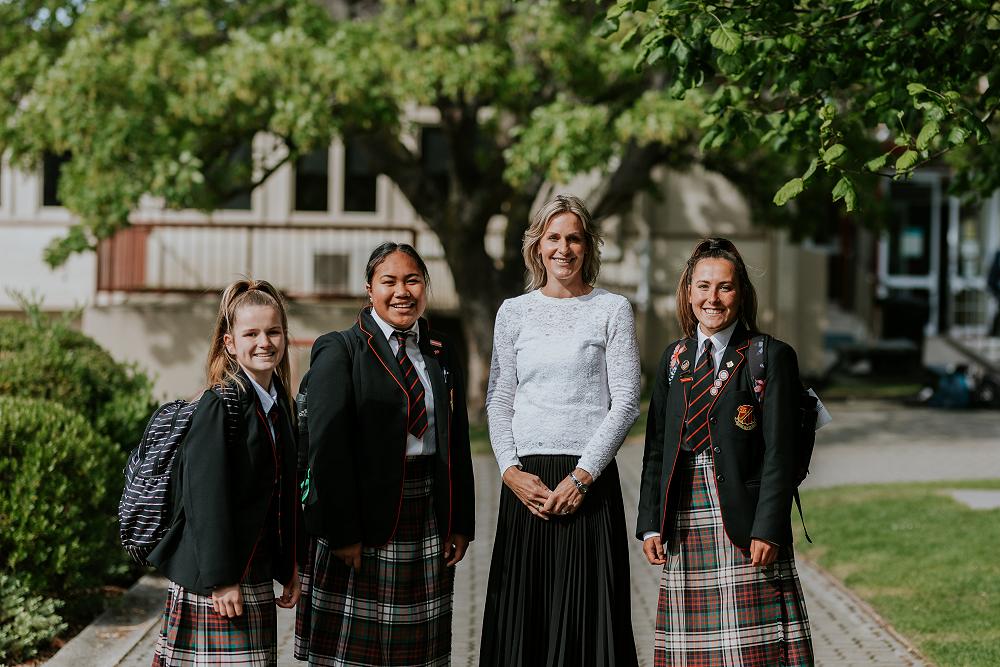
Principal's Address
Tēnā koutou, Malo e lelei, Tālofa lava, Bula vinaka, Good afternoon.
In this week's newsletter, you will see again some of the many positive experiences that our young women have been involved in at WGHS over the past few weeks. Experiences which help them to develop their learning, confidence, resilience and happiness. It was the topic of happiness which I spoke to the students about at assembly last week, explaining that despite popular opinion, the world is not actually here to make us happy. It’s up to each of us to choose happiness. Thankfully there are some simple things we can all do to work on building our own, and others, happiness.
One way is to practice empathy and for this it’s good to remember that we’re all a bit like icebergs. The iceberg principle states that while you may see the tip of an iceberg, usually about 1/10th of it, 9/10ths is deep beneath the water, hidden from view. This massive amount of ice affects everything about the iceberg - where it drifts, how hard it impacts when it runs into things and how fast it moves. And we’re a bit the same. What we present to the world is usually only a small portion of the entirety of ourselves. So much is below the surface, hidden from view and yet so very instrumental to who we are and how we interact with the world. As such, we should never assume that we have anyone totally figured out. But if we can remember that we’re all icebergs, we might just understand each other better, judge each other less, and have more compassion for each other. Interacting with others in this way opens us to new possibilities and perspectives, and has the power to increase our happiness.
Another way to grow happiness is to simply smile. There is an experiment called the 7 second smile where in pairs, two people face each other. One has to try and show no emotion whatsoever while the other person has to simply look their partner in the eyes and smile warmly and genuinely. It is impossible to keep a straight face - because happiness spreads. If you are on the receiving end of a smile for just 7 seconds, your brain picks up the smile signal, neurotransmitters start firing, and dopamine - the chemical in the brain related to feeling good - increases your happiness levels.
Just like the contagion of a smile, practicing gratitude is another way to increase dopamine in the brain and feel happier. Many of us live in an “if and then” model of happiness, e.g. If I get these shoes, then I'll feel happy. This may bring some short term happiness, but it isn't a sustainable approach to being happy. Gratitude is where happiness comes from. It’s about paying attention to what you have, and not stressing about what you don’t have. Gratitude is proven to help us create more positive emotions, relish good experiences, improve health, deal with adversity, and build strong relationships. So it pays to embrace thankfulness and appreciation!
Choosing happiness is really about finding the good in everyday life. In a novel by Australian author Toni Jordan, she puts it this way: “Listen, life isn't when you are standing on top of a mountain looking at the sunset. Life isn't waiting at the altar or the moment your child is born or the time you were swimming in deep water and a dolphin came up alongside you. These are fragments. Ten or twelve grains of sand spread throughout your entire existence. These are not life. Life is brushing your teeth or making a sandwich or waiting for the bus. Or walking. Every day, thousands of tiny events happen and if you're not watching, if you're not careful, if you don't capture them and make them count, you could miss it. You could miss your whole life”
Elizabeth Koni
Principal
